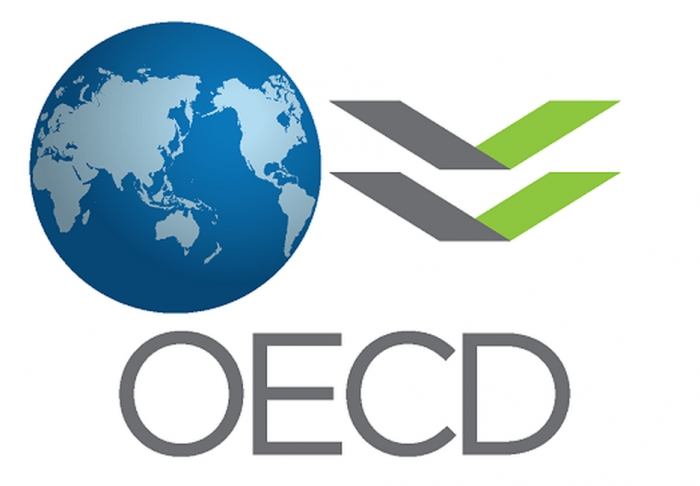OECD sees return of ‘strong economic growth’ in Hungary

Hungary has seen the return of “strong economic growth” and GDP is expected to reach 2.5% in 2016 and 3% in 2017, the OECD said in a survey published on Friday, according to Hungarian news agency MTI.
Macroeconomic imbalances are being corrected, state debt as a percentage of GDP is falling, the country is running a current account surplus and financial vulnerabilities have been reduced, the OECD said in the 2016 Economic Survey of Hungary. The OECD noted, however, that non-performing loans still hamper bank lending, income levels are still well below those in more advanced economies and, as economic slack disappears, sustaining growth will require structural reforms to strengthen the business sector and upgrade skills.
Investment growth has started to pick up, supported by faster business capital accumulation as well as inward FDI and European Union funding, the OECD said. But business investment is still “held back by frequently changing regulatory environment and entry barriers in network industries”, it added.
The OECD said that the education system has reacted slowly to labor market changes, leaving many graduates without needed skills. Training in public work schemes has not been effective enough in generating relevant labor market skills, it added.
In a summary of the surveyʼs main findings paired with recommendations, the OECD said Hungaryʼs public debt is still high, considering the openness and vulnerabilities of the economy. It also said public spending is high, compared to the countryʼs income level. The OECD recommended gradually reducing spending over the medium-term to further lower the structural deficit and said officials should “monitor and limit contingent public liabilities in the electricity sector”.
The OECD faulted the tax system for still relying “a lot” on labor taxation, and urged Hungary to rely more on “non-distortive consumption taxes while monitoring the income distribution consequences” as well as stepping up the fight against VAT fraud.
The OECD recommended officials “improve transparency, stability and formulation of regulatory policies” as well as “continue efforts to cut red tape and make better use of regulatory impact assessments”.
The OECD said sector exemptions should be removed and a modern competition policy framework applied as widely as possible. Mergers that might reduce competition should be systematically reviewed and only allowed on clear public interest grounds, it added.
Looking at ways enhanced skills can support growth, the OECD said more focus should be given to training programs that get workers into the primary labor market, lifelong learning should be promoted, and vocational training programs should be more integrated into secondary vocational schools.
The OECD recommended increasing funding and expanding means-tested support for disadvantaged students as well as providing incentives to tertiary institutions to better respond to labor market needs.
In an inventory of actions Hungary had taken paired with relevant recommendations, the OECD acknowledged relief for borrowers with FX mortgages and the conversion of FX retail loans into forints, a decline in state debt and a reduction in the bank levy, among other measures.
Presenting the survey in Budapest, OECD Secretary-General Angel Gurria said significant progress had been achieved but numerous challenges persist. More can be done to improve macroeconomic performance by building upon existing achievements, such as cutting fiscal spending, fighting tax fraud and relying more on less distortive consumption taxes, he said. Barriers to domestic business investment should be removed and Hungary must “double its efforts” to improve skills and match them to job requirements, he added.
SUPPORT THE BUDAPEST BUSINESS JOURNAL
Producing journalism that is worthy of the name is a costly business. For 27 years, the publishers, editors and reporters of the Budapest Business Journal have striven to bring you business news that works, information that you can trust, that is factual, accurate and presented without fear or favor.
Newspaper organizations across the globe have struggled to find a business model that allows them to continue to excel, without compromising their ability to perform. Most recently, some have experimented with the idea of involving their most important stakeholders, their readers.
We would like to offer that same opportunity to our readers. We would like to invite you to help us deliver the quality business journalism you require. Hit our Support the BBJ button and you can choose the how much and how often you send us your contributions.









